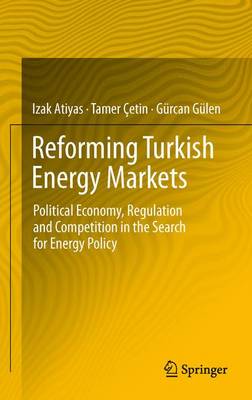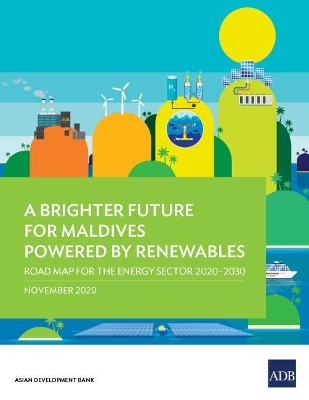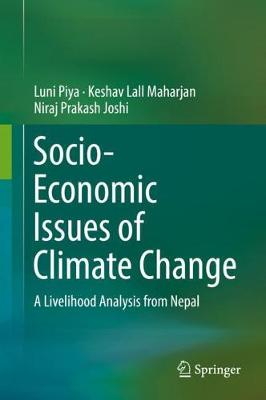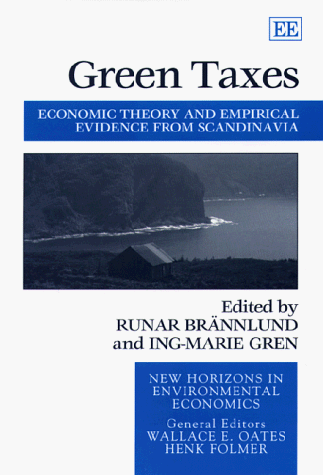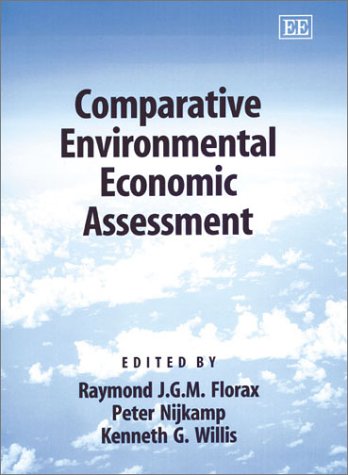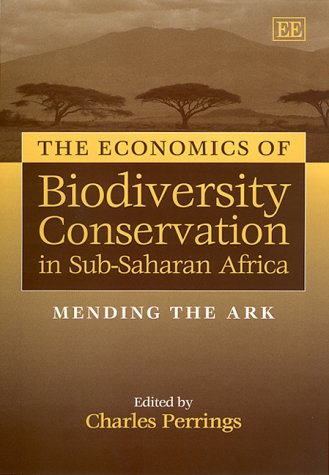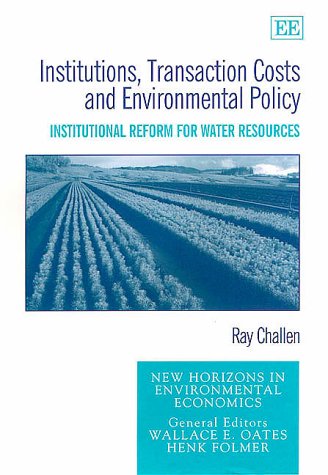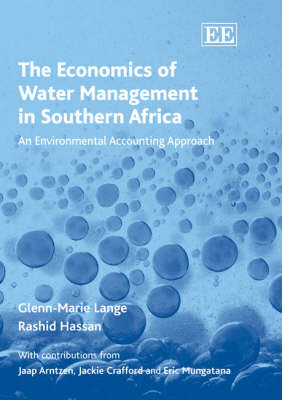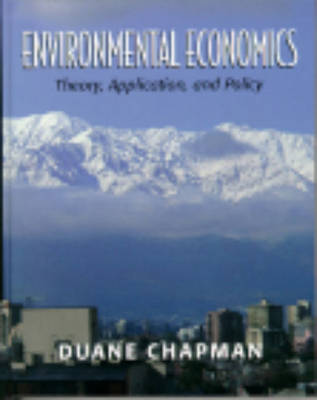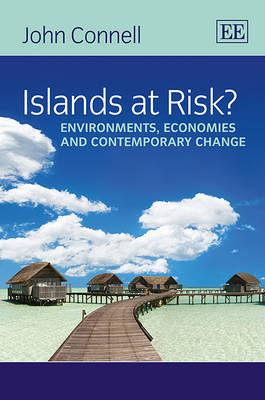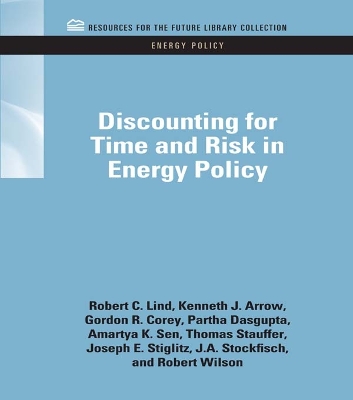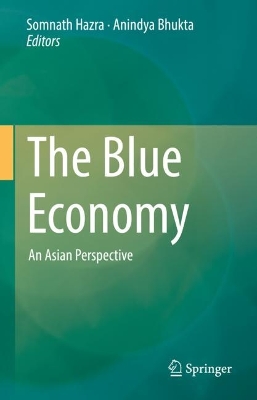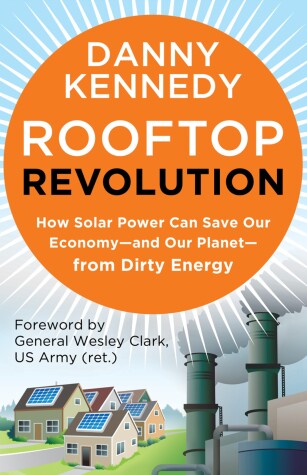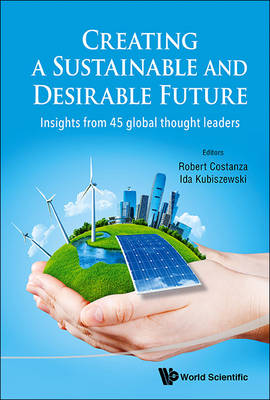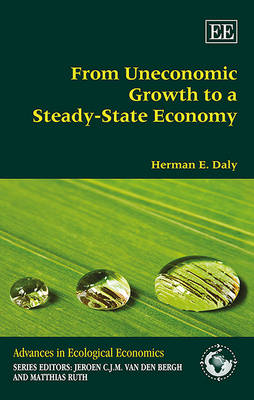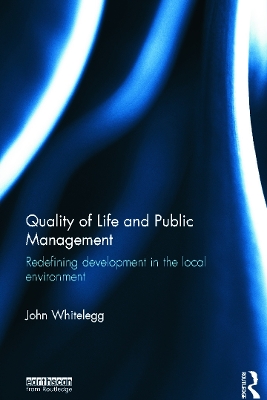People from West Africa are risking their lives and surrendering their citizenship rights to enter exploitative labour markets in Europe. This book offers an explanation for this phenomenon that is based on close analysis of the contradictory economic and political agendas that create and constrain labour migration. It shows how global capitalism regulates different stages of the process within an interconnected system of economic dispossession, the construction of an illegal status, border cont...
Reforming Turkish Energy Markets
by Izak Atiyas, Tamer Cetin, and Gurcan Gulen
Turkey has been reforming its energy markets since the 1980s, culminating in two major bills in the early 2000s. The country has restructured electricity and natural gas markets, establishing an independent regulatory agency (EMRA) and passed legislation on renewable and nuclear energy. With these regulatory reforms, Turkey, as a candidate country for accession to the European Union (EU), has aimed to direct the energy markets to a more competitive environment in parallel with EU energy directiv...
Water Management in China’s Power Sector (Earthscan Studies in Water Resource Management)
by Xiawei Liao and Jim W. Hall
This book examines water resource management in China’s electric power sector and the implications for energy provision in the face of an emerging national water crisis and global climate change. Over 75% of China’s current electricity comes from coal. Coal-fired power plants are reliant on water, with plants using significant volumes of water every year, yet water resources are unevenly distributed. In the face of serious environmental concerns and increasing electricity demand, this book exa...
This publication serves as a guide for Maldives' energy transition-from being powered by costly and polluting fossil fuels to being sustained by clean and efficient renewable energy sources. Maldives has no proven fossil fuel reserves, but it has abundant renewable energy sources such as solar, wind, and ocean (tidal, wave, and ocean thermal)-with the potential to produce green hydrogen fuel. The coronavirus disease (COVID-19) pandemic has impaired the economy and severely affected the tourism...
Socio-Economic Issues of Climate Change
by Luni Piya, Keshav Lall Maharjan, and Niraj Prakash Joshi
This book conducts a holistic analysis of climate change perceptions, vulnerabilities, impacts, and adaptation, based on the primary household-data collected from the Chepang community residing in the rural Mid-Hills of Nepal. Socio-economic and demographic data from the household survey is integrated with meteorological and spatial data to conduct an integrated analysis. Quantitative analysis is also supplemented by qualitative information. Given the context of ongoing climate change, the livel...
Green Taxes (New Horizons in Environmental Economics)
The prospect of simultaneously achieving a 'greener' environment, increased tax revenues and lower levels of unemployment has made ecological taxes an increasingly popular proposition. This volume examines the possibility of ecological tax reform in the Nordic countries of Denmark, Norway and Sweden. The potential for ecological tax reform is investigated on a theoretical and an empirical level. The social costs associated with environmental taxes are analysed and the impacts of a Swedish carb...
The Firm, Competitiveness and Environmental Regulations
by David Hitchens, Esmond Birnie, Angela McGowan, Ursula Triebswetter, and Alberto Cottica
Do environmental regulations harm international competitiveness? In answer to this question, this book focuses on the impact of regulatory policies on competitiveness and employment at the firm level. It investigates the trade-off between environmental regulations and competitiveness across countries and regions throughout Europe, using the food processing industry as a case study.The authors compare and contrast the experiences of similar firms across Europe to examine the different costs firm...
The Economics of Environment and Development is a carefully edited selection of Edward Barbier's most influential papers on the role of environmental economics in economic development.This book begins with a brief overview and summary of the papers, placing each in its original context and in relation to the development of Barbier's ideas. The first section deals with the concept of sustainable development, in particular its practical implications for economic policy in developing countries, a...
Comparative Environmental Economic Assessment
Over the last decade, economists have increasingly recognized the role of meta-analysis and value transfer in synthesizing knowledge and efficiently exploiting the existing pool of knowledge. Comparative Environmental Economic Assessment explores the potential significance of using these techniques, particularly in environmental economics.Both meta-analysis and value transfer constitute major research tools which efficiently use knowledge previously acquired from other studies. The book focuses...
Environment and Agriculture in a Developing Economy
by Mohammad Alauddin and Mosharaff Hossain
This book comprehensively examines the performance of Bangladeshi agriculture in light of the most recent thinking on economic development and the environment. It both analyses the experience during the last five decades and discusses the major issues and challenges with special emphasis on the prospects for sustainable agricultural development in the future.The authors emphasise the importance of distributional aspects of environmental change and development in relation to employment and povert...
The Economics of Biodiversity Conservation in Sub-Saharan Africa
This authoritative book presents the results of important new research into the economics of biodiversity conservation in sub-Saharan Africa. The contributors offer case studies of the economic causes of biodiversity loss in a range of ecosystem types - wetlands, montane forests, tropical moist forests, semi-arid savannas and lakes - and discuss the policy options for biodiversity conservation in each case. They also provide an in-depth analysis of the environmental consequences of policy refor...
Institutions, Transaction Costs and Environmental Policy (New Horizons in Environmental Economics)
by Ray Challen
Conventional economic analysis of property rights in natural resources is too narrow and restrictive to allow for effective comparisons between alternative institutional structures. In this book, a conceptual framework is developed for the analysis of these structures with illustrative application to the allocation of water resources.Ray Challen introduces and develops a model for the analysis of the problems involved in institutional choice that takes into account constraints in institutional...
The Economics of Water Management in Southern Africa
by Glenn-Marie Lange and Rashid Hassan
This book presents a valuable new tool for water management - water resource accounting - which significantly advances the economic analysis of water. Water resource accounts integrate detailed information about water supply and use with national income accounts to show the economic use of water, costs and tariffs paid, and the economic value of water for different economic uses.Based on the UN's handbook for environmental accounting, this book describes the implementation and policy application...
A critical examination of urban policies and management practices used to make cities sustainable. With an international perspective, the book describes urban environmental agendas and how they arose in the context of globalization, urban economic restructuring, and the need to make cities competitive. It argues that the environment became an integral part of city development policy, turning attention not only to physical and ecological issues but also to improving the economic performance of ci...
Environmental Economics: Theory, Application, and Policy's strong policy-oriented approach to environmental economics draws in current research and case studies to illustrate topics on the cutting edge of worldwide policy debates. The author introduces students to subjects such as biodiversity, climate change, air pollution, and forestry by presenting the actual data and methods used by experts in these fields. In addition, considerable material on emerging areas such as macroeconomics and trade...
This book provides a wide-ranging comparative analysis of contemporary economic, social, political and environmental change in small islands, island states and territories, through every ocean. It focuses on those island realms conventionally perceived as developing, rather than developed, in the Caribbean, Pacific and Indian Oceans.John Connell examines the decline of agriculture and the rise of tourism, the problems of urbanization, and the particular role of migration and remittances, within...
Discounting for Time and Risk in Energy Policy (RFF Energy Policy Set)
by Robert C. Lind, Kenneth J. Arrow, Gordon R. Corey, Partha Dasgupta, Amartya K. Sen, Thomas Stauffer, Joseph E. Stiglitz, and J.A. Stockfisch
This is a collection of theoretical papers, including contributions by Partha Dasgupta and three Nobel prize-winning economists: Kenneth Arrow, Amartya Sen, and Joseph Stiglitz. Originally published in 1982.
The Blue Economy
This volume defines and analyzes the Blue Economy, a system that encompasses all the economic activities which are happening in and around the ocean within a sustainable development framework, with focus on countries in Asia. This work is timely, as Blue Economy activities account for a significant share of GDPs in the island and coastal economies in the Asia region, sustaining the livelihoods of one of the largest sections of the world's population. This book, therefore, assesses how the Blue E...
Rooftop Revolution: Join the Fight to Save Our Economy - and Our Planet - from Dirty Energy
by Danny Kennedy
Here is the truth that the powerful Dirty Energy public relations machine doesn’t want you to know: the ascent of solar energy is upon us. Solar-generated electricity has risen exponentially in the last few years and employment in the solar industry has doubled since 2009. Meanwhile, electricity from coal has declined to pre-World War II levels as the fossil fuel industry continues to shed jobs. Danny Kennedy systematically refutes the lies spread by solar’s opponents—that it is expensive, ine...
Creating A Sustainable And Desirable Future: Insights From 45 Global Thought Leaders
The major challenge for the current generation of mankind is to develop a shared vision of a future that is both desirable to the vast majority of humanity and ecologically sustainable. Creating a Sustainable and Desirable Future offers a broad, critical discussion on what such a future should or can be, with global perspectives written by some of the world's leading thinkers, including: Wendell Berry, Van Jones, Frances Moore Lappe, Peggy Liu, Hunter Lovins, Gus Speth, Bill McKibben, and many m...
Environmental external effects are evidence of the inability of market prices to reflect the interdependence of economic activities undertaken within a common environment. They are an essential - not a peripheral - feature of all market economics. This essay shows how external effects are produced by the interaction of the economy with its environment, using a classical mass-balance model. No matter how efficient the market may seem to be, the use of market prices to determine depletion and poll...
From Uneconomic Growth to a Steady-State Economy (Advances in Ecological Economics)
by Herman E. Daly
This timely collection of essays is a magnificent testament to Daly's pioneering work over four decades. Armed with clear scientific principles and an unfailing logic, Daly sets out on an urgent quest to develop an economics fit for purpose on a finite planet. The originality and clarity of thought revealed in this new collection is extraordinary. It cements Daly's status as the most visionary economist of our time.'- Tim Jackson, Centre for Environmental Strategy, University of Surrey, UK'Herma...
Quality of Life and Public Management explores the possibility for a dramatic and significant improvement in quality of life for all population groups and sub-groups in the UK. Strongly evidence-based, the book draws on case study data and comparisons into local and central government structure, funding, policy, cultures and outcomes from a number of EU countries, such as Denmark, Germany, and Switzerland. It shows that quality of life on a number of important criteria is superior in these other...

